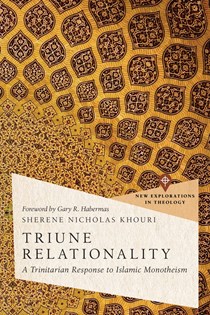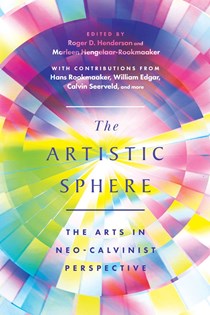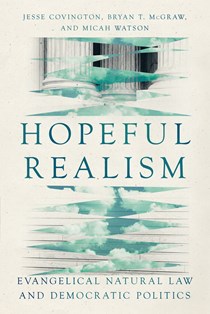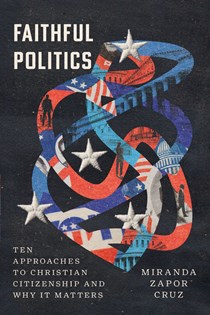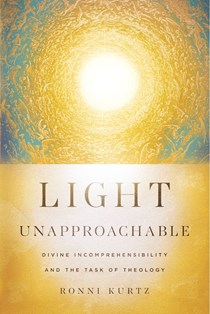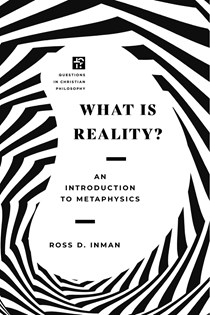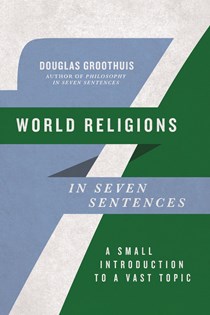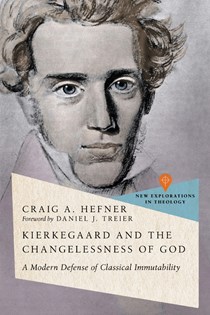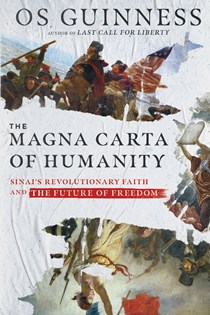Philosophy
-
Makers by Nature
Letters from a Master Painter on Faith, Hope, and Art
by Bruce Herman
Foreword by Malcolm GuiteAn Artist's Look at Theology, Art, and Philosophy
Dear Tom,
Thanks for writing again—and for this unusually philosophical response to my letter! In response: my theology of art is my theology. Period. I think of God as the Artist and all human artists as eternal apprentices. Consequently, all my thinking about God involves the centrality of beauty and the ...
-
Triune Relationality
A Trinitarian Response to Islamic Monotheism
New Explorations in Theology
by Sherene Nicholas Khouri
Foreword by Gary R. HabermasFor centuries, Christians and Muslims have engaged each other in debate and critique. A key area of disagreement is the nature of God: Is God a Trinity or absolutely one? To promote interfaith dialogue, Christians must understand the history of the conversation and also articulate the doctrine of the Trinity in reasonable, compelling ways.
In this New Explorations in Theology ...
-
The Artistic Sphere
The Arts in Neo-Calvinist Perspective
Edited by Roger D. Henderson and Marleen Hengelaar-Rookmaaker
While some Christians have embraced the relationship between faith and the arts, the Reformed tradition tends to harbor reservations about the arts.
However, among Reformed churches, the Neo-Calvinist tradition—as represented in the work of Abraham Kuyper, Herman Dooyeweerd, Hans Rookmaaker, and others—has consistently demonstrated not just a willingness but a desire to engage ...
-
Hopeful Realism
Evangelical Natural Law and Democratic Politics
by Jesse Covington, Bryan T. McGraw, and Micah Watson
A Natural Law Framework for Evangelicals Today
During a time when political conversations are marked by deep polarization and difficult decision-making, what resources do evangelicals have to think critical and theologically about public life?
For political theorists Bryan T. McGraw, Jesse Covington, and Micah Watson, a crucial resource is to be found in natural law, ...
-
Faithful Politics
Ten Approaches to Christian Citizenship and Why It Matters
by Miranda Zapor Cruz
Christians who seek to relate their faith to politics have always encountered tensions. Instead of easy answers and simple checklists, we need tools to help us thoughtfully navigate the complexities of Christian faithfulness in an increasingly diverse and polarized society.
In this book, Miranda Zapor Cruz guides readers in forming a vision of citizenship that brings Christian ...
-
Light Unapproachable
Divine Incomprehensibility and the Task of Theology
by Ronni Kurtz
How can finite creatures know an infinite God? How does limited knowledge impact what we can say of God?
Retrieving and constructing important insight from Scripture and key patristic, medieval, early modern, and modern theologians, Ronni Kurtz presents a rich analysis of the doctrine of divine incomprehensibility. Our theological language, says Kurtz, cannot capture the full ...
-
What Is Reality?
An Introduction to Metaphysics
Questions in Christian Philosophy
by Ross Inman
What is real? How do we determine what the fundamental structures of reality are?
In this Questions in Christian Philosophy volume, philosopher Ross Inman offers an introduction to metaphysics. He introduces us to the tradition of metaphysics in Western philosophy, what it means to do metaphysics as a Christian, and considers timeless and universal inquiries into the central ...
-
World Religions in Seven Sentences
A Small Introduction to a Vast Topic
Introductions in Seven Sentences
by Douglas Groothuis
Understanding the beliefs and practices of other faiths is essential not just to the task of interreligious dialogue, but also to grasping one's own faith.
In this brief volume in IVP Academic's Introductions in Seven Sentences, philosopher Douglas Groothuis creatively uses a single sentence representing each of several world religions as a way to open readers to their depth ...
-
Kierkegaard and the Changelessness of God
A Modern Defense of Classical Immutability
New Explorations in Theology
by Craig A. Hefner
Foreword by Daniel J. TreierDanish theologian and philosopher Søren Kierkegaard was not afraid to express his opinions. Living amid what he perceived to be a culturally lukewarm Christianity, he was often critical of his contemporary church.
But that does not mean Kierkegaard rejected traditional Christian theology. Indeed, at a time when many of his contemporaries were questioning the classical doctrine ...
-
The Magna Carta of Humanity
Sinai's Revolutionary Faith and the Future of Freedom
by Os Guinness
In these stormy times, voices from all fronts call for change. But what kind of revolution brings true freedom to both society and the human soul?
Cultural observer Os Guinness explores the nature of revolutionary faith, contrasting between secular revolutions such as the French Revolution and the faith-led revolution of ancient Israel. He argues that the story of ...



